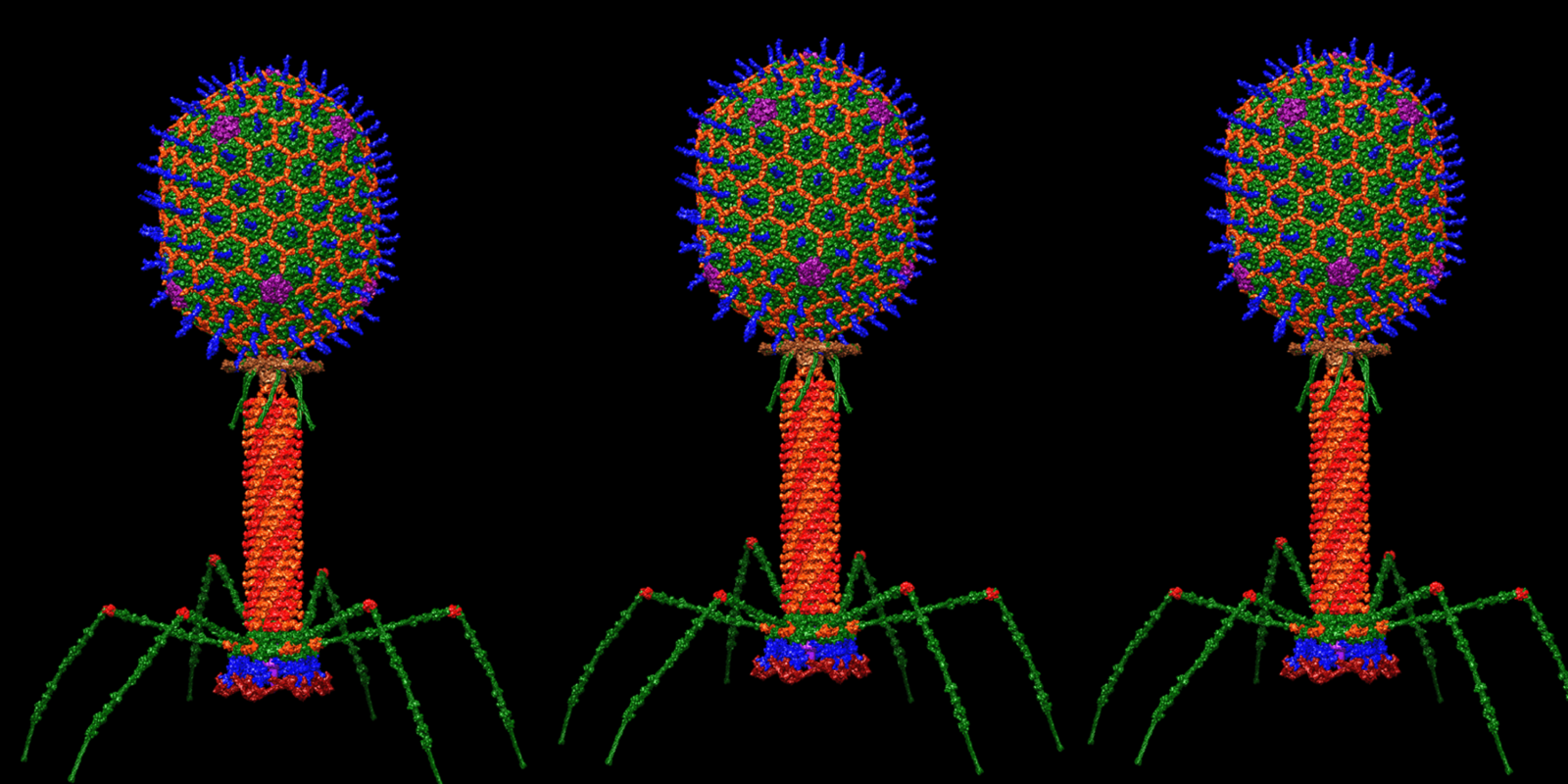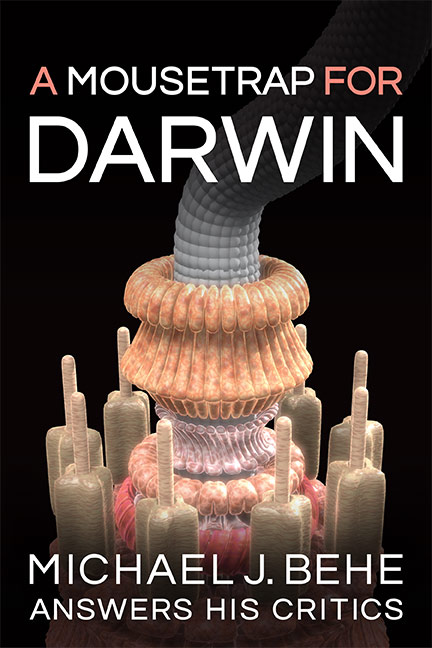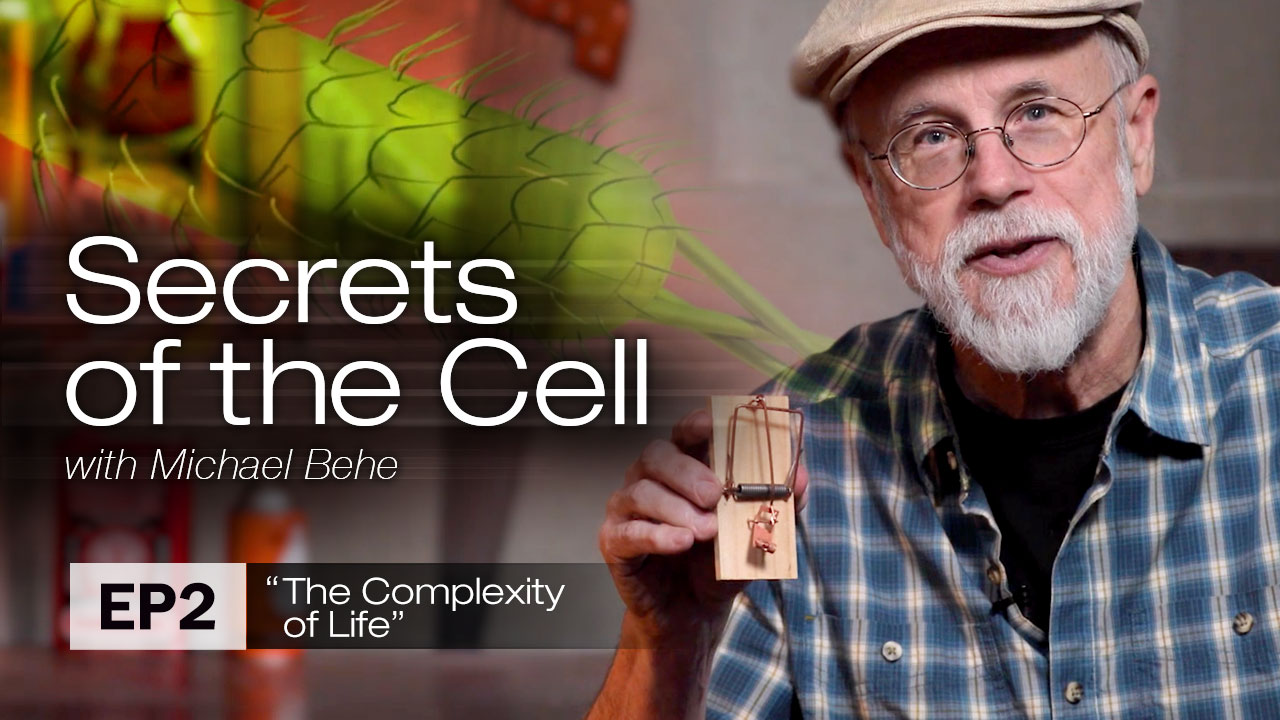


Casey Luskin and Adam Shapiro Debate Intelligent Design, Pt. 1

Behe: Bacteriophage—The New Poster Child for Darwin’s Doom

Jaw Dropping: Nature’s Irreducibly Complex Linkage Mechanisms

A Mousetrap for Darwin
Darwin’s Black Box thrust Michael Behe to the forefront of the intelligent design movement. The Lehigh University biochemist has haunted the dreams of Darwinists ever since. Each of his three books sparked a firestorm of criticism, in everything from the New York Times and the journal Science to the private blogs of professional atheists. Over the years, Behe has had a delightful time rebutting each attack, and Read More ›

Breakout Paper in Journal of Theoretical Biology Explicitly Supports Intelligent Design
What Is Irreducible Complexity?
This is a clip from the documentary “Revolutionary” featuring Michael Behe and Stephen Meyer discussing Behe’s idea of “irreducible complexity” and the challenge it poses to Darwinian evolution. Visit https://revolutionarybehe.com/ for more information about that documentary. Check out these other videos as well: The Effects of Mutation (Secrets of the Cell with Michael Behe, Ep. 4)https://youtu.be/v9AxqLsKmMA Stephen Meyer Investigates Scientific Read More ›

Philosophical-ish Objections to Intelligent Design: A Response to Paul Draper
Recently I was asked by several people whether I had ever responded to an old review of Darwin’s Black Box by Purdue University philosopher of religion Paul Draper. I had not done so, but will use the occasion to respond now and to clear up a couple of philosophical-ish objections that have been raised against intelligent design over the years. In 2002 Read More ›

Secrets of the Cell, Episode 2: The Complexity of Life
Join biochemist and bestselling author Michael Behe as he explores “reducible” and “irreducible” complexity at the foundation of life in Episode 2 of his series “Secrets of the Cell.” Further Exploration Use the links below to explore more about the issues raised in this episode. More about Michael Behe WEBSITE: MichaelBehe.com More about Irreducible Complexity WEB PAGE: “What Is Irreducible Read More ›

Evidence Keeps Rolling In
Several new papers have appeared that reinforce key points of my recent book, Darwin Devolves. (Hat tip to Paul Nelson.) The first one — “Quantifying the pathways to life using assembly spaces” — is from a group of theoreticians at Arizona State and the University of Glasgow. (The work was discussed by one of the authors, Sara Imari Walker, at a Read More ›